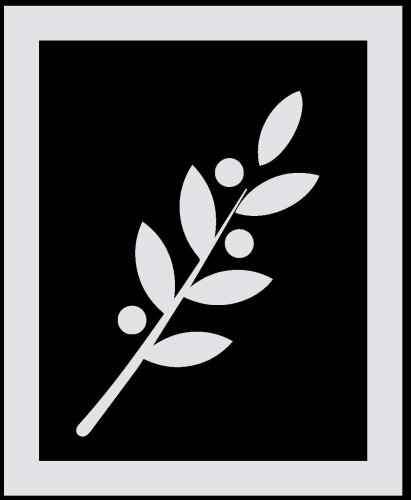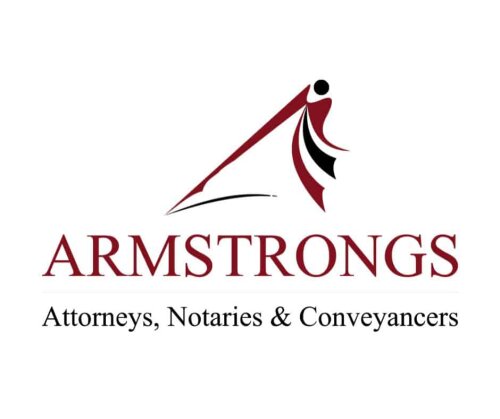Best Civil & Human Rights Lawyers in Gaborone
Share your needs with us, get contacted by law firms.
Free. Takes 2 min.
List of the best lawyers in Gaborone, Botswana
About Civil & Human Rights Law in Gaborone, Botswana
Gaborone, the capital city of Botswana, is home to diverse legal practices that include a focus on civil and human rights law. This area of law encompasses the protection and promotion of individual rights and freedoms as outlined in Botswana’s constitution and international human rights agreements. These laws are designed to ensure fair treatment, safeguard the dignity of individuals, and prevent discrimination based on race, gender, religion, or other attributes.
Why You May Need a Lawyer
There are numerous situations where individuals in Gaborone might need legal assistance concerning civil and human rights. These can include:
- Facing or witnessing discrimination at work or in public places
- Dealing with unlawful arrest or detention
- Experiencing breaches of privacy or freedom of expression
- Filing complaints against human rights violations
- Requiring representation in court to defend civil liberties
- Needing advice on enforcing constitutional rights
Local Laws Overview
Botswana has a legal framework robustly supporting civil and human rights, anchored by its constitution and several significant pieces of legislation. Key aspects include:
- The Constitution of Botswana: This serves as the supreme law, guaranteeing fundamental rights such as the right to life, freedom from torture, freedom of speech, and freedom from discrimination.
- The Employment Act: Offers protections against unfair treatment and discrimination in the workplace.
- The Domestic Violence Act: Provides legal recourse for victims of domestic abuse, ensuring their protection and well-being.
- The Children's Act: Safeguards the rights of minors and outlines the responsibilities of guardians and the government towards children.
Frequently Asked Questions
What are my basic human rights in Botswana?
Your basic rights include the right to life, freedom from torture and inhumane treatment, freedom from slavery, freedom of expression, freedom of assembly, and the right to equality and non-discrimination among others.
What should I do if my human rights are violated?
It is crucial to document the violation, seek support from human rights organizations, and consult a lawyer to evaluate the possibility of legal redress through courts or human rights commissions.
Can I access legal aid for civil and human rights cases?
Legal aid is available for individuals who cannot afford legal representation. Organizations like the Legal Aid Botswana and NGOs often provide services to those in need.
How can I find a civil and human rights lawyer in Gaborone?
Research local law firms specializing in civil rights, seek referrals from human rights organizations, or consult the Law Society of Botswana’s directory.
Are there protections against workplace discrimination in Botswana?
Yes, under the Employment Act and other relevant legislation, employers are prohibited from discriminating against employees based on race, gender, religion, or other attributes.
What legal recourse do I have if I'm unlawfully detained?
You may file a habeas corpus petition in court, challenging the legality of your detention, and seek compensation for any violations of your rights.
Can children’s rights be enforced in Botswana?
Yes, the Children's Act provides comprehensive protection for children’s rights, and breaches can be brought to court or reported to relevant authorities.
What is the role of the Ombudsman in Botswana?
The Ombudsman investigates complaints against government agencies and officials, ensuring that public administration adheres to lawful and fair practices.
Do human rights laws in Botswana apply to refugees and asylum seekers?
Yes, Botswana's legal protections extend to refugees and asylum seekers, ensuring their basic human rights are respected and protected.
What organizations can help me with human rights issues in Gaborone?
Several organizations, including Ditshwanelo (The Botswana Centre for Human Rights), Legal Aid Botswana, and the Law Society of Botswana, provide support and advocacy for human rights issues.
Additional Resources
For further assistance and information, consider these resources:
- Ditshwanelo - The Botswana Centre for Human Rights: Offers advocacy and support services for various human rights issues.
- Legal Aid Botswana: Provides legal assistance to those who cannot afford it.
- The Law Society of Botswana: A professional body supporting the legal profession and providing a directory of practising lawyers.
- The Office of the Ombudsman: Investigates complaints against public administration and promotes good governance.
Next Steps
If you need legal assistance in matters of civil and human rights in Gaborone, follow these steps:
- Identify the Issue: Clearly understand the nature of the legal issue or rights violation you are experiencing.
- Gather Evidence: Collect any relevant documents, records, and evidence that support your case.
- Seek Initial Advice: Consult with a human rights organization or legal aid service to understand your options.
- Find a Lawyer: Look for a lawyer specializing in civil and human rights law through the Law Society of Botswana or referrals from trusted organizations.
- Prepare for Legal Action: Work with your lawyer to build your case and understand the process involved.
Taking these steps can help you protect your rights and seek appropriate redress for any violations.
Lawzana helps you find the best lawyers and law firms in Gaborone through a curated and pre-screened list of qualified legal professionals. Our platform offers rankings and detailed profiles of attorneys and law firms, allowing you to compare based on practice areas, including Civil & Human Rights, experience, and client feedback.
Each profile includes a description of the firm's areas of practice, client reviews, team members and partners, year of establishment, spoken languages, office locations, contact information, social media presence, and any published articles or resources. Most firms on our platform speak English and are experienced in both local and international legal matters.
Get a quote from top-rated law firms in Gaborone, Botswana — quickly, securely, and without unnecessary hassle.
Disclaimer:
The information provided on this page is for general informational purposes only and does not constitute legal advice. While we strive to ensure the accuracy and relevance of the content, legal information may change over time, and interpretations of the law can vary. You should always consult with a qualified legal professional for advice specific to your situation.
We disclaim all liability for actions taken or not taken based on the content of this page. If you believe any information is incorrect or outdated, please contact us, and we will review and update it where appropriate.
Browse civil & human rights law firms by service in Gaborone, Botswana
Gaborone, Botswana Attorneys in related practice areas.












